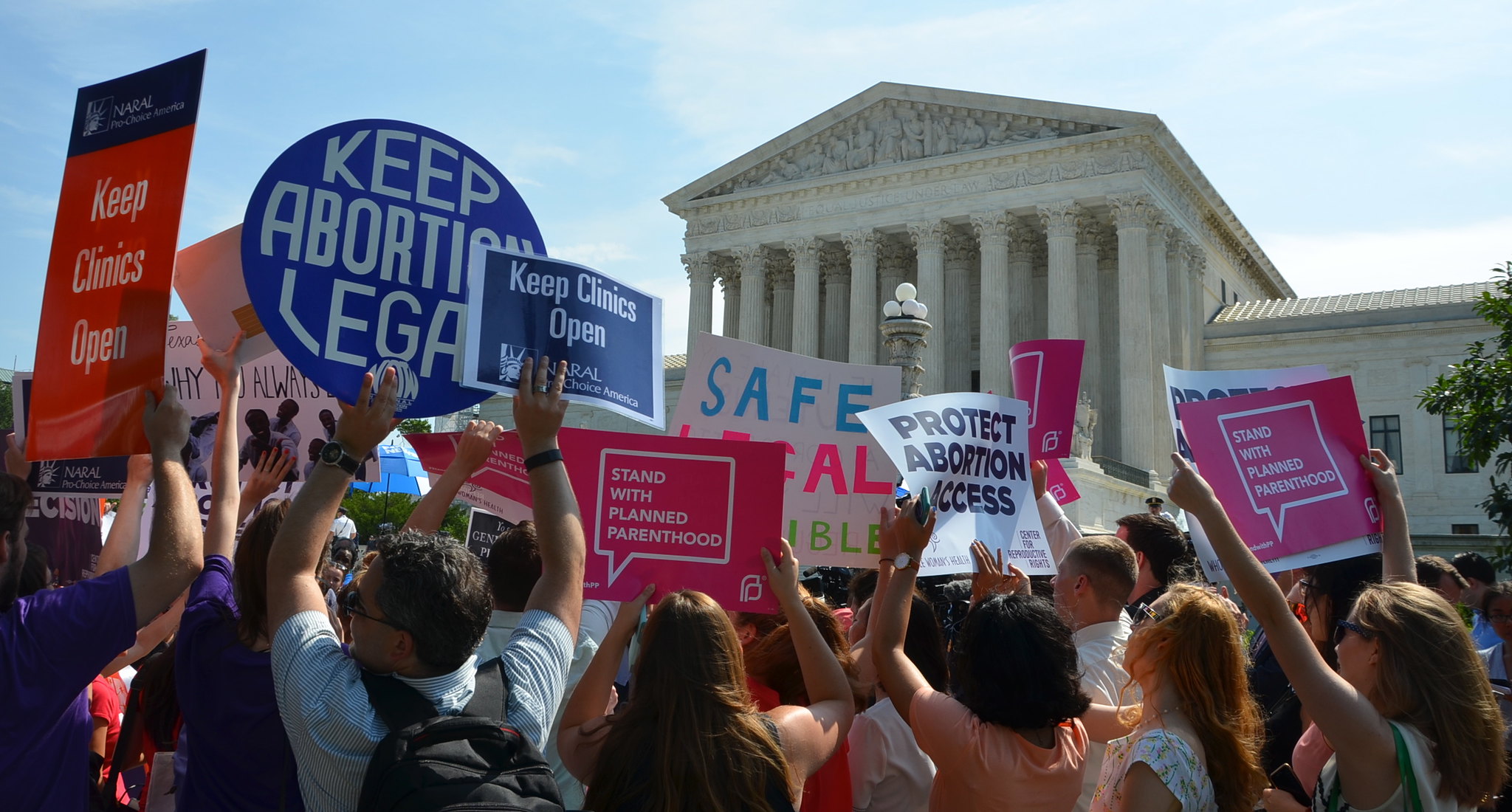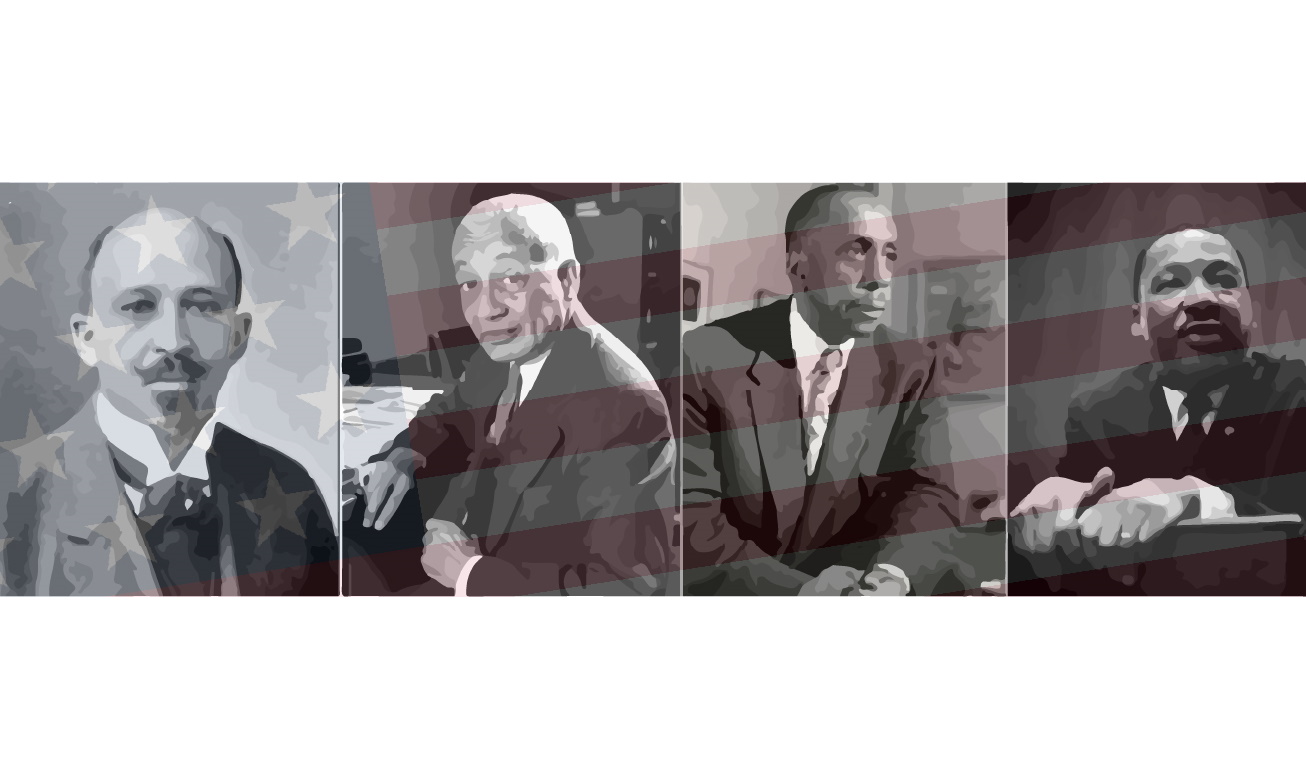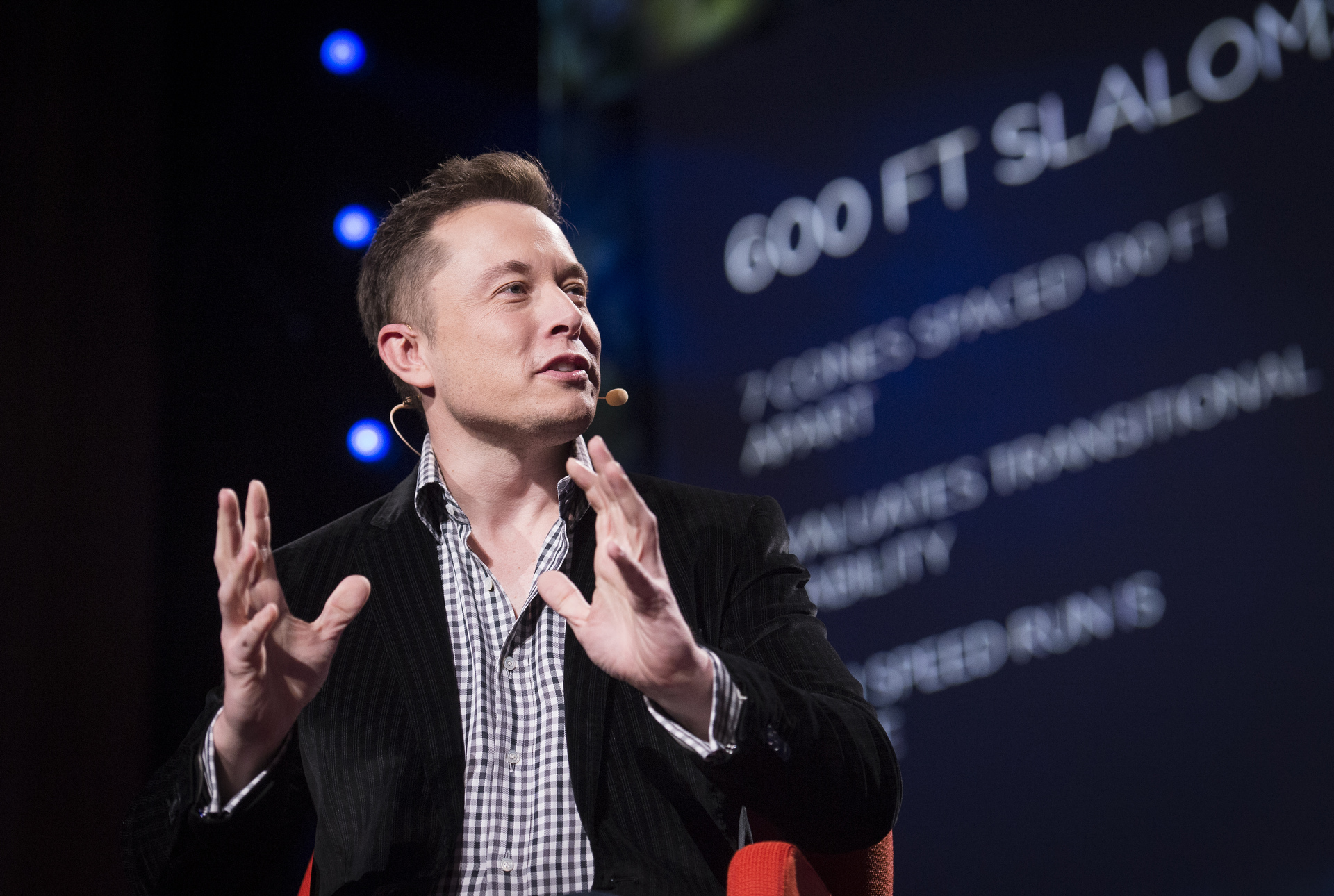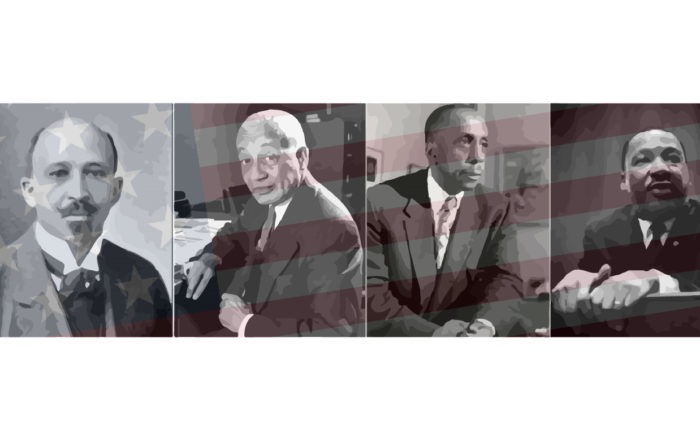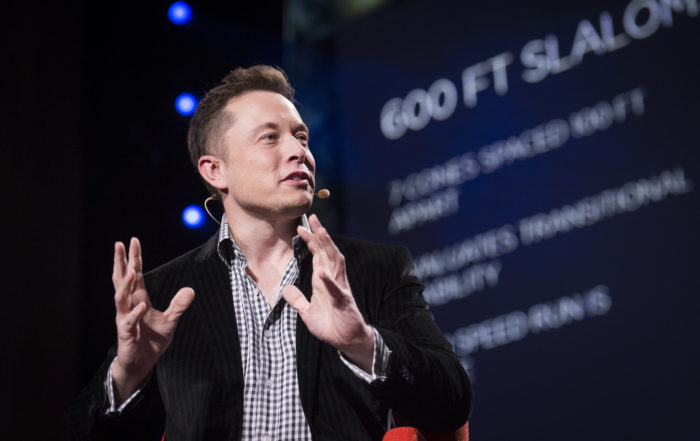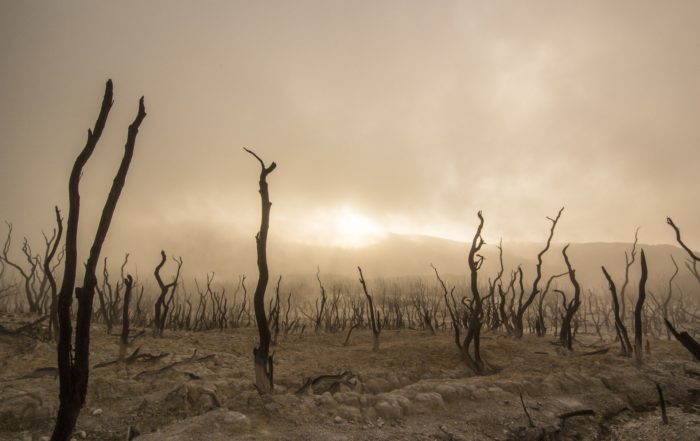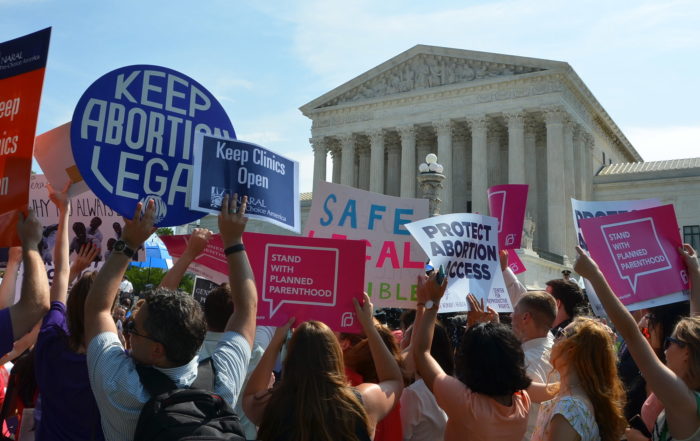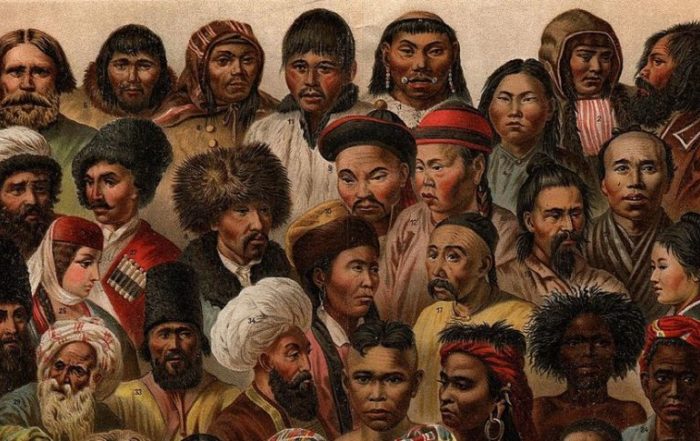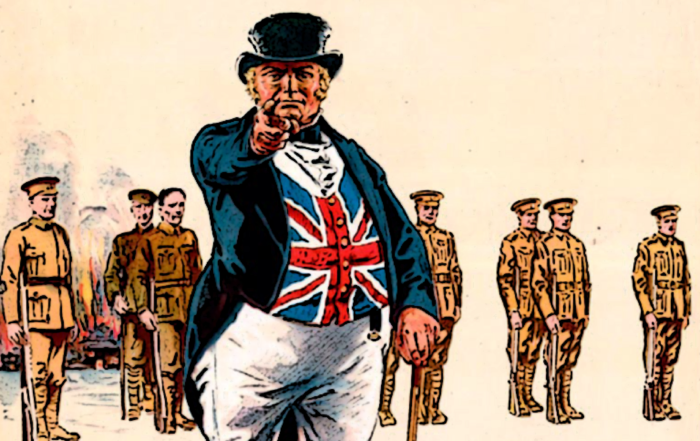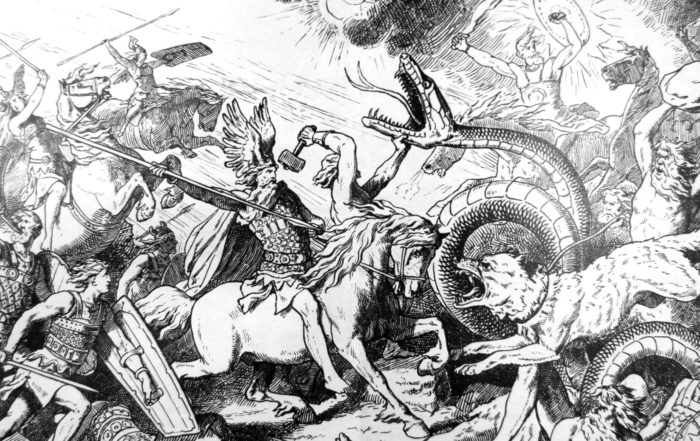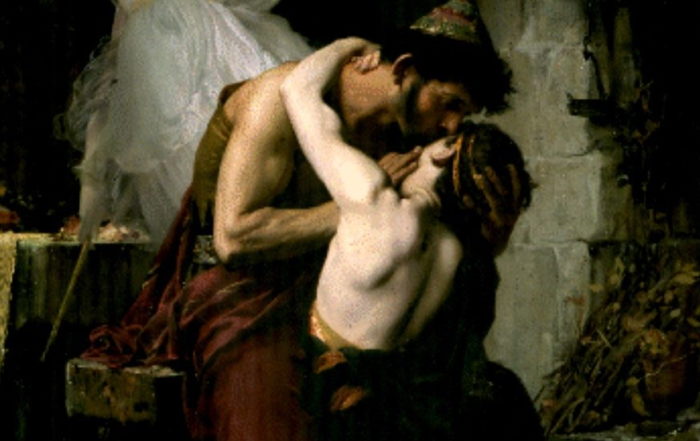SPOTLIGHT
THEORY
African American Existentialism: DuBois, Locke, Thurman, and King
Race today is often presented as a social construct. But social constructions, as Black people know all too well, can create real existential crises. Philosophers of the Black Experience writing during the Modern Era of the African American Freedom Struggle (1896-1975) engaged questions of freedom, existence, and the struggles associated with the experiences of being Black in America.
Surviving the City of Arts
How do we teach humanities to STEM students in a time of increasing suspicion about the goodness of technology?
The Struggle for Ecological Sanity
By: Carl Boggs At this particular juncture of history, fraught with new dangers and new challenges, it is time for
PRACTICE
The Abortion Wars
The Texas law is an abomination, not just because it violates women's rights, but because the egregious manner in which it does so also betrays any who might be troubled by abortion on truly moral grounds. It is a law rooted in culture war politics, not moral concerns, and its effect will be the promotion of a more sinister and corrupt society, not a more morally sensitive one. And yet it is just such moral sensitivity that we require if we are going to caringly address abortion and other morally relevant issues.
Bright Green Lies & Deep Green Deceptions
For Deep Green fundamentalists there can be no compromise, no middle ground between Deep and Bright Green. JK&W contend “even with steep reductions in our energy-intensive lifestyle, a return to subsistence living, and the best-known permaculture techniques, a city cannot be made sustainable.” They reason that since “cities have existed for less than 5 percent of our time on this planet…Obviously we don’t need cities.” Reality check! Obviously our foraging ancestors had no use for cities on a sparsely populated, biologically rich planet. But do the authors seriously believe our ecologically damaged and depleted planet can support 7.8 billion post-industrial hunter-gatherers?
Racism comes to The Shire
By: Hendrik van der Breggen Not all white people are orcs—and they aren’t the only people who are orcs. “It’s
JUSTICE
Reflexive Justice
By: Dennis Rohatyn When Judge (now Justice) Amy Coney Barrett was confirmed by the Senate for a seat on the
Systems of Culture: Redefining the Current Debate
By Glen Paul Hammond “The very idea that cultural practices belong to racial groups misunderstands both race and culture.” —Richard
Collectivism & Consensus in a Post Covid-19 World
Death is a great leveler and, a virus that strikes at individuals indiscriminately, a potent reminder of just how precarious life can be and why, much like the pioneers, it might be in humankind’s best interest to re-invest in a philosophy that acknowledges man’s ability to understand the real world around him. Ayn Rand’s maxim that “nature to be commanded, must be obeyed” seems particularly appropriate (9). The question is, do we have the courage and the humility to subject ourselves to the laws of nature and identity?
ARTS & LETTERS
Ragnarök in the Norse Myths and the Power of Dystopic Fatalism
The Norse myths are singular among mythic narratives for a fascinating reason: the gods lose. They do not just lose a treasure, nor just a battle. They lose everything. Fatalism, the idea that the future has already happened in the sense that it is fixed, feels primitive to the modern mind. Dystopic Fatalism, the belief everything we have known and have experienced will one day be annihilated in a disaster of apocalyptic proportions, seems even more distasteful. And yet, it may be the only thing left with any hope of saving us from ourselves.
Recognition by the Father: Montreal’s Favorite Son Leonard Cohen and an Ancient Story of Homecoming
The themes of homecoming and the father-son relationship have received a lot of literary attention recently. Marilynne Robinson just published Jack, the fourth novel in her Gilead series, about the Ames and Boughton families’ complicated stories of homecoming, fatherhood, and sonhood in an American small town beset by racial and religious tension. The tensions between fathers and sons, and the son’s struggle with finding his way back home are timeless and cross-cultural, and trigger some of the deepest issues we have with identity and belonging. Look to any cultural literary tradition, whether of the West, the East, or the Middle East, and you will find tales of fathers, and those sons who attempt to find their way back into their recognition. Songs by the Canadian musician Leonard Cohen, who died four years ago at the age of 82, suggest that he grappled with the father-son relationship, and with the emotional desire for home and homecoming. Cohen might not at first seem to have much in common with an ancient Greek figure, but a comparison yields rich and provocative similarities between Cohen and Odysseus, the hero of Homer’s poem of homecoming, the Odyssey. Odysseus, a fictional warrior with talents, like Cohen, as a language-artist, is better-known for his homecoming as a husband, but he ultimately returns to his broken father as the honored and beloved son. Homer’s and Cohen’s poetry have some surprising parallels on this theme. The fictional character of Homer’s ancient epic and the real-life contemporary poet and musician speak to each other across time and space.
A Visit From The Donald
‘Twas Election Day eve and all through the states, / Strange forces were brewing, motivated by hate; / Guards ordered to precincts in order to scare / The minority voters that might show up there. / The children, who were lying dead tired in bed, / Dreamt of zoom calls and masks and had feelings of dread. / My wife in her shirt, and I in my shorts, / Were viewing the news channel’s latest report, / When over the sound waves there came a long beep… / The news was the latest on a new POTUS tweet.




